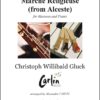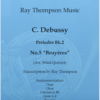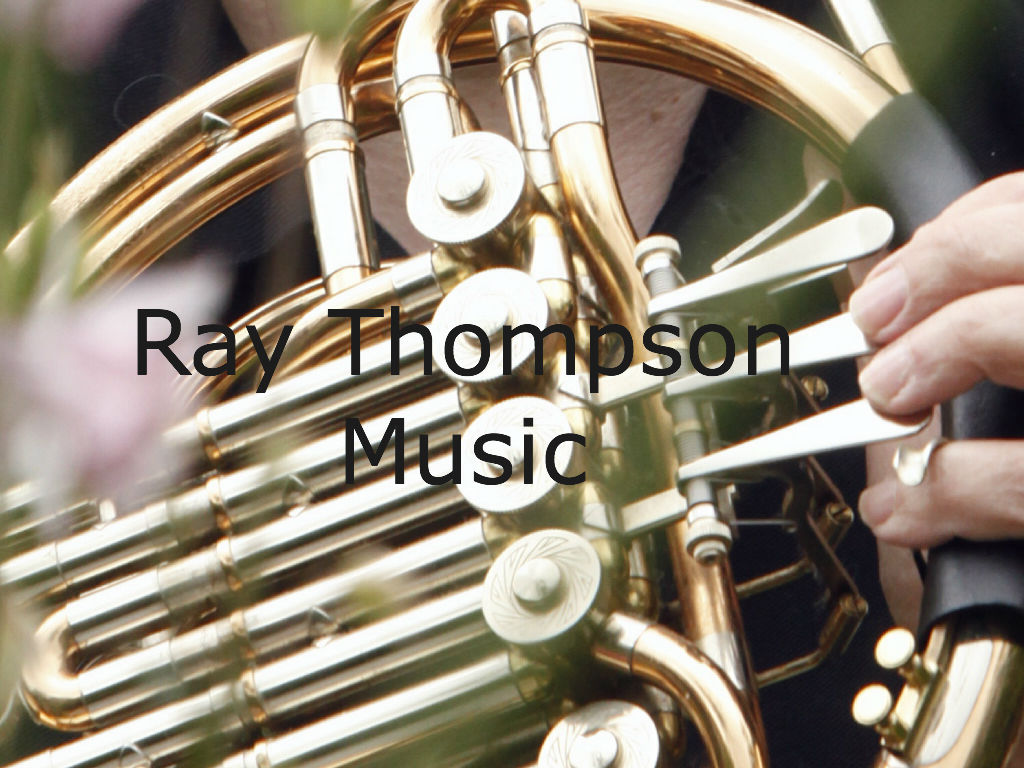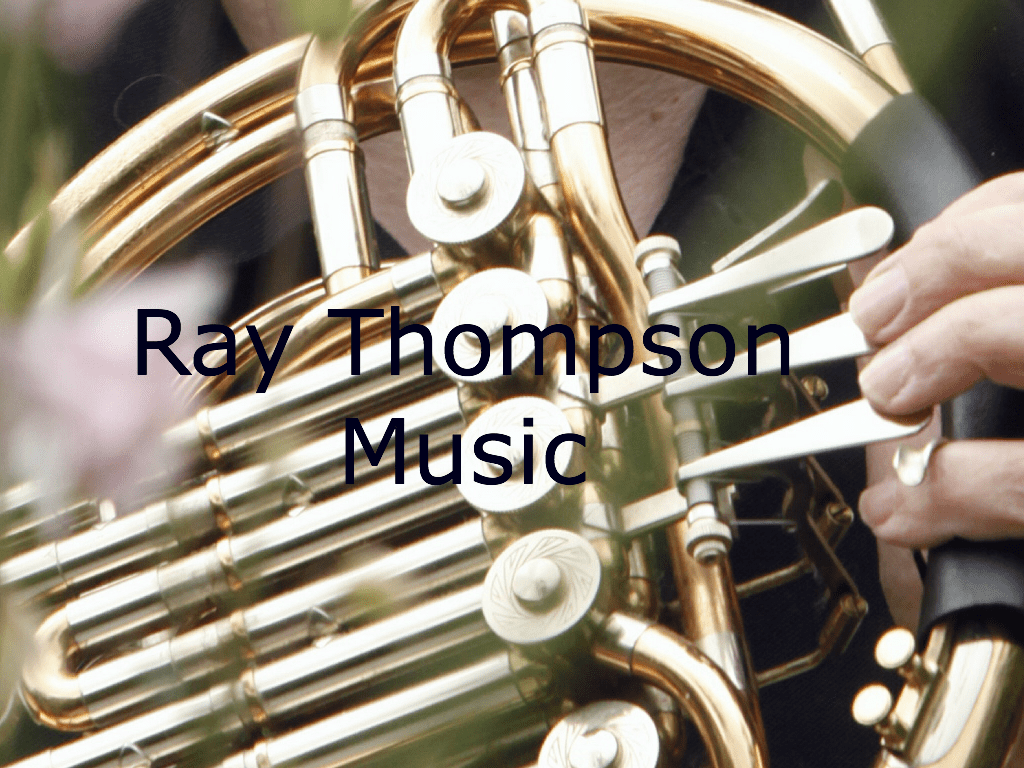Description
Gabriel Pierné was born in Metz. His family moved to Paris, after Metz and part of Lorraine were annexed to Germany in 1871 following the Franco-Prussian War. He studied at the Paris Conservatoire, gaining first prizes for solfège, piano, organ, counterpoint and fugue. He won the French Prix de Rome in 1882, with his cantata Edith. His teachers included Antoine François Marmontel, Albert Lavignac, Émile Durand, César Franck (for the organ) and Jules Massenet (for composition).
He succeeded César Franck as organist at Sainte-Clotilde Basilica in Paris from 1890 to 1898. He himself was succeeded by another distinguished Franck pupil, Charles Tournemire. Associated for many years with Édouard Colonne’s concert series, the Concerts Colonne, from 1903, Pierné became chief conductor of this series in 1910.
His most notable early performance was the world premiere of Igor Stravinsky’s ballet The Firebird, at the Ballets Russes, Paris, on 25 June 1910. He remained in the post until 1933 (when Paul Paray took over his duties).
This arrangement is taken from his album of 6 short pieces: originally written for piano, and later transcribed by him, for small orchestra
(English Translation: Album for my little friends (Children)
Movts are:
- Pastorale
- Farandole
- La Veillée de l’ange gardien (The vigil of the Guardian Angel)
- Petite gavotte
- Chanson d’autrefois (Song of olden times)
- Marche des petits soldats de plomb (March of the Lead Soldiers)
Arranged for double wind quintet and bass.
Appd Album pour Mes Amis – Score and parts
General Enquiries
There are no enquiries yet.




